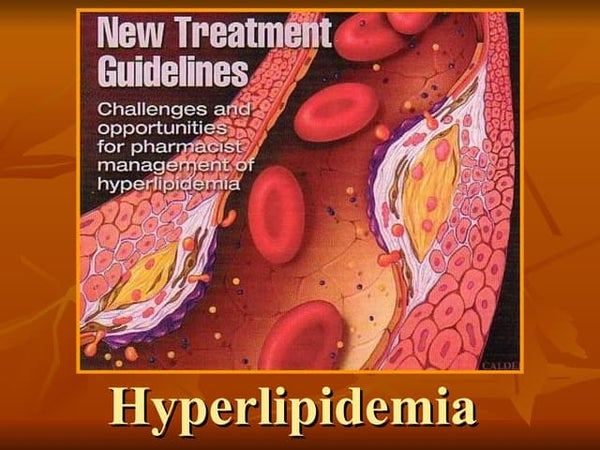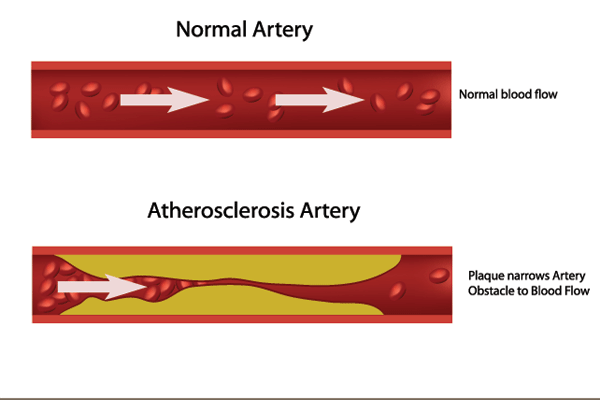
For those who are not aware, hyperlipidemia is a condition in which there is an excess of fat in the blood. This condition can lead to artery hardening and can lead to heart disease, stroke, and other cardiovascular conditions. While there are treatments available, lifestyle changes are the most important step in controlling hyperlipidemia. Your doctor can prescribe medication and other treatments to control cholesterol levels and improve your health. Listed below are some of the best hyperlipidemia treatment options.
People with hyperlipidemia should undergo routine blood tests to determine if it is present in their bodies. It is often diagnosed without symptoms, so it is important to ask your healthcare provider about regular screening. Your healthcare provider will be able to recommend a schedule of blood tests based on your health history. You should also discuss the potential risks associated with having high cholesterol with your physician. It is important to keep in mind that lifestyle changes can lead to better outcomes, so be sure to make the necessary changes in your lifestyle.
Many people with hyperlipidemia do not have any symptoms of the condition. It is best to speak to your healthcare provider about routine screening for this condition, which can be recommended based on your family’s health history. You should seek treatment if you notice any signs of hyperlipidemia, since treatment for this disease is not as simple as lowering cholesterol. If you have hyperlipidemia, it is important to seek treatment immediately.
There are lifestyle changes you can make in order to manage your condition. A low-fat, high-fiber diet can help reduce cholesterol levels. You should also stop smoking, exercise several times a week, and have a normal body mass index. Following the advice of your physician can help you avoid high cholesterol and other cardiovascular conditions. A healthy diet will improve your general health, and lifestyle changes will help prevent your condition. If you have been diagnosed with hyperlipidemia, it is important to consult with your healthcare provider as soon as possible.
Having high cholesterol is not a sign of a heart attack or stroke. Symptoms are not common. It is best to consult with a healthcare provider if you think you have symptoms of hyperlipidemia. However, if your doctor suspects that you have hyperlipidemia, you may need to get routine screening. A lipid panel can show your cholesterol levels in several ways. For instance, it can be measured in your blood with a specialized device called a lipid analyzer.

Besides genetics, lifestyle factors can play a major role in the development of hyperlipidemia. A poor diet and an unhealthy lifestyle may increase your risk of the disease. Diabetes, for example, can also lead to high cholesterol. Even though you can’t control your genes, your family can affect your chances of developing it. A high-cholesterol diet may be beneficial for you, but your healthcare provider will need to monitor your cholesterol levels and other conditions to determine if you need any treatment.
Often, hyperlipidemia doesn’t have symptoms. For this reason, it is important to talk to a healthcare provider to get your cholesterol levels tested regularly. Your healthcare provider will be able to recommend a schedule that will work best for your lifestyle and your health history. You should also consider a diet rich in fiber and exercise several times a week. It is important to follow the guidelines of your doctor and follow all other recommendations and advice given by the doctor.
If you have hyperlipidemia, the best way to prevent it is to eat a heart-healthy diet and avoid smoking. You should also try to maintain a healthy weight and avoid unhealthy fats. If you are overweight, you should reduce your saturated fats and add more fiber to your diet. You should also try to avoid foods high in sugar and sodium. If your cholesterol levels are too high, you should choose foods that are low in saturated fat and high in fiber.
If you have hyperlipidemia, you should see your doctor for a diagnosis. Although people often have symptoms of hyperlipidemia, many do not have any symptoms. The health worker at Kesehatan Handaldok can recommend the best treatment for you based on your medical history. You must be proactive in managing your wealth. For more information, visit your doctor and ask questions about your symptoms. You should always follow your doctor’s advice.